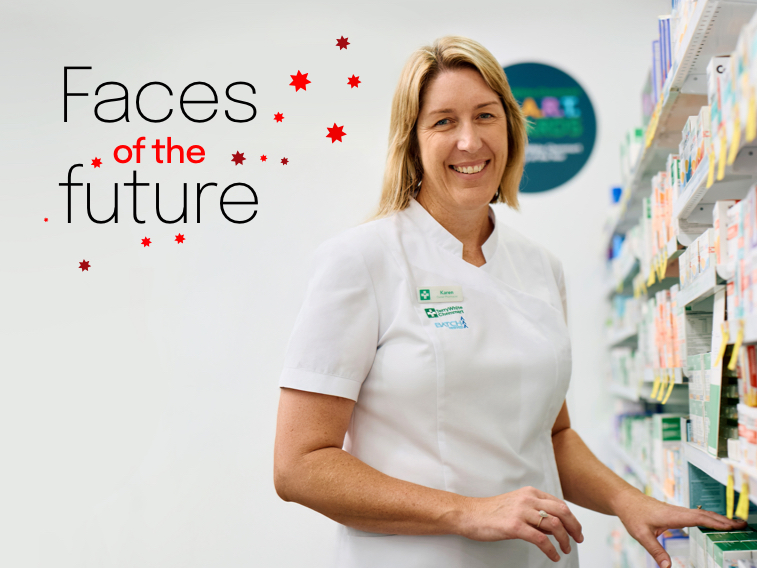Former professional netballer Karen Brown’s passion for scoring healthcare innovation goals has seen her continually break new ground.


Article
Managing chronic conditions is a complex process. GP Tim Koh, co-owner of the Ocean Keys Family Practice in Western Australia, discusses how a multidisciplinary approach can help patients to take better care of themselves and why a GP is best placed to co-ordinate the team.

Changing lifestyles and an ageing population have increased the incidence of chronic conditions. According to the Australian Institute of Health and Welfare, they’re now the leading cause of illness, disability and death in Australia. The upward trend is likely to continue, and it’s also likely that more people will present to their general practitioner (GP) with two or more conditions.
“Managing multiple conditions, or multimorbidity, is a very complex process,” says Dr Tim Koh, a GP and co-owner of the Ocean Keys Family Practice in Clarkson, Western Australia.
Multimorbidity is the co-occurrence of two or more chronic medical conditions in one person.
“The aim is to keep patients as well as possible, and this includes providing the support they need to take good care of themselves at home,” he continues. “This can be delivered most effectively by healthcare professionals from different disciplines working together as a multidisciplinary team.”
When Dr Koh and Dr Derrick Kuan opened their practice in 2006, they had identified a growing need for patient-centred and personalised general practice care.
“I think GPs are well placed to co-ordinate a multidisciplinary approach,” says Dr Koh. “They should have a good understanding of the medical and community resources available in the area and the best ways of accessing those resources. Ideally, they will also have the opportunity to get to know their patients – not only their medical conditions but what’s happening in their lives. For example, having an overall picture of things like their family situation, whether they have support at home and whether they’re employed enables a GP to tailor care and support.”
However, the role does introduce new challenges.
“Patients with multiple conditions who are taking several different kinds of medication could need the support of an extensive team,” says Dr Koh. “Their GPs might have to work with practice and community healthcare nurses and allied health professionals. This includes physiotherapists, psychologists, social workers, dietitians and podiatrists as well as health educators. And, as the patient’s condition changes, the members of the team may need to change. Co-ordinating this level of care can be very time-consuming.”
Consultations are also likely to be longer.
“There are no quick and easy solutions for patients with multiple conditions – you need to spend time with them to get good results,” says Dr Koh. “Unfortunately, the Medicare system has yet to catch up with these changing needs. At the moment, GPs are rewarded for seeing people for shorter periods, which is not conducive to good multidisciplinary care.”
GPs in rural areas may face the additional challenge of scarce local resources.
“They often don’t have access to the same range of services as doctors in the cities and large regional centres,” says Dr Koh. “One of biggest shortfalls is in mental health, and this is significant because many people with multiple physical conditions also have a mental illness. In the future, the internet is likely to play a bigger role in delivering services to people in rural and remote areas but a major benefit of multidisciplinary care is that the patient receives face-to-face support.”
For some time, the Federal Government has been considering the potential benefits of the ‘patient-centred medical home’.
“This model would reward patients for staying with one doctor of their choice,” says Dr Koh. “It would also reward GPs for providing continuous care and taking responsibility for co-ordinating a multidisciplinary team.
“I think this is the future of managing patients with chronic conditions, and this is reflected in the way GPs are being trained. There is an increasing focus on preparing them to manage complex medical problems and to plan and deliver multidisciplinary care. For example, The Royal Australian College of General Practitioners is updating the general practice curriculum to incorporate these skills. It’s part of the evolution of the profession.”
More from NAB:
© National Australia Bank Limited. ABN 12 004 044 937 AFSL and Australian Credit Licence 230686.